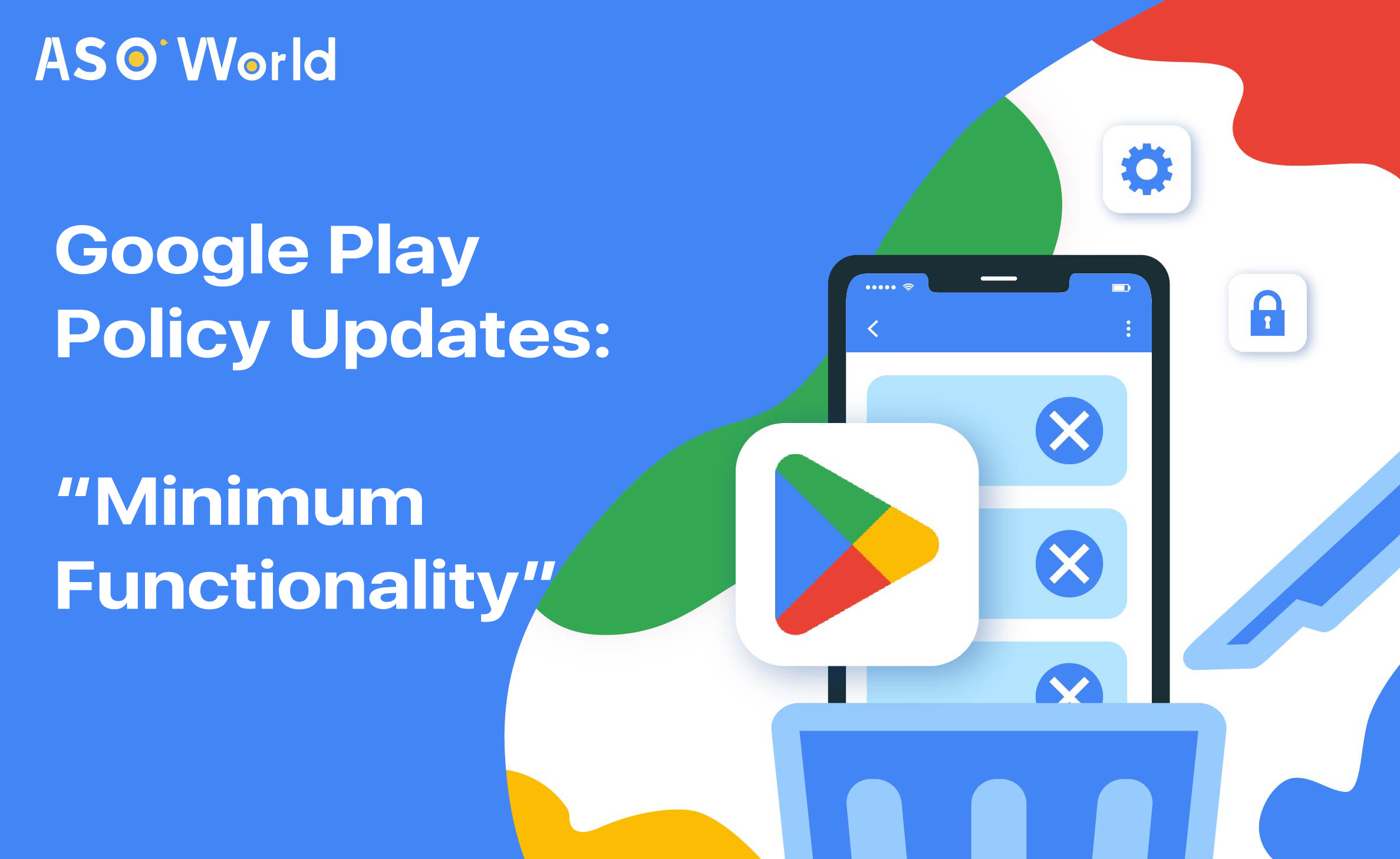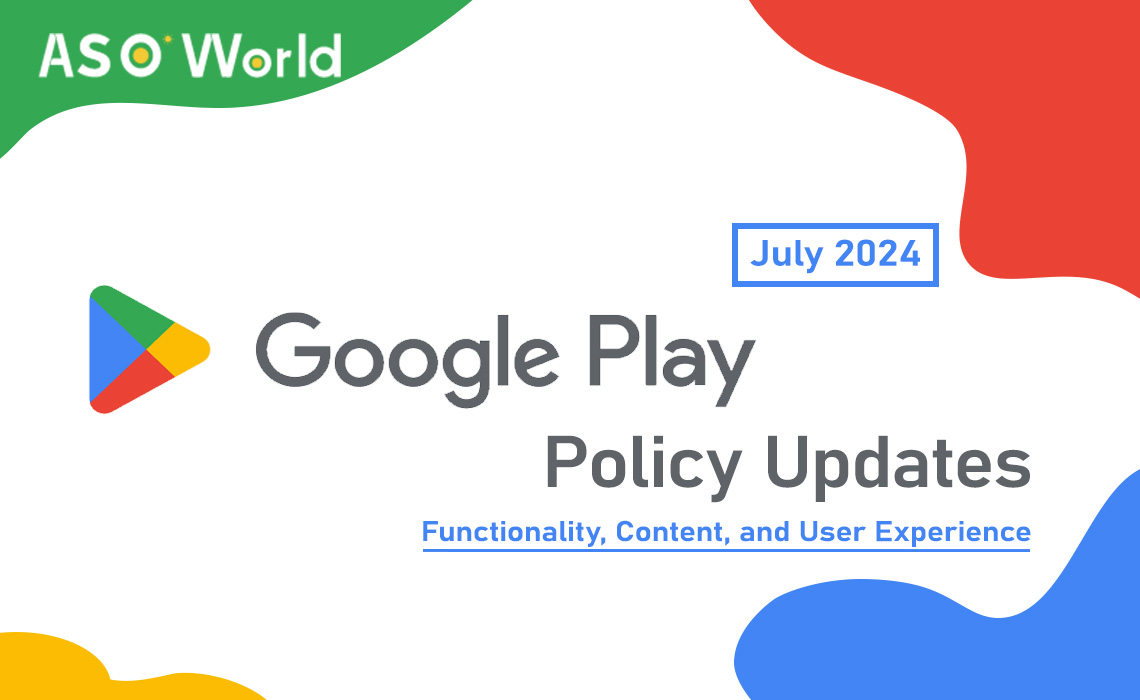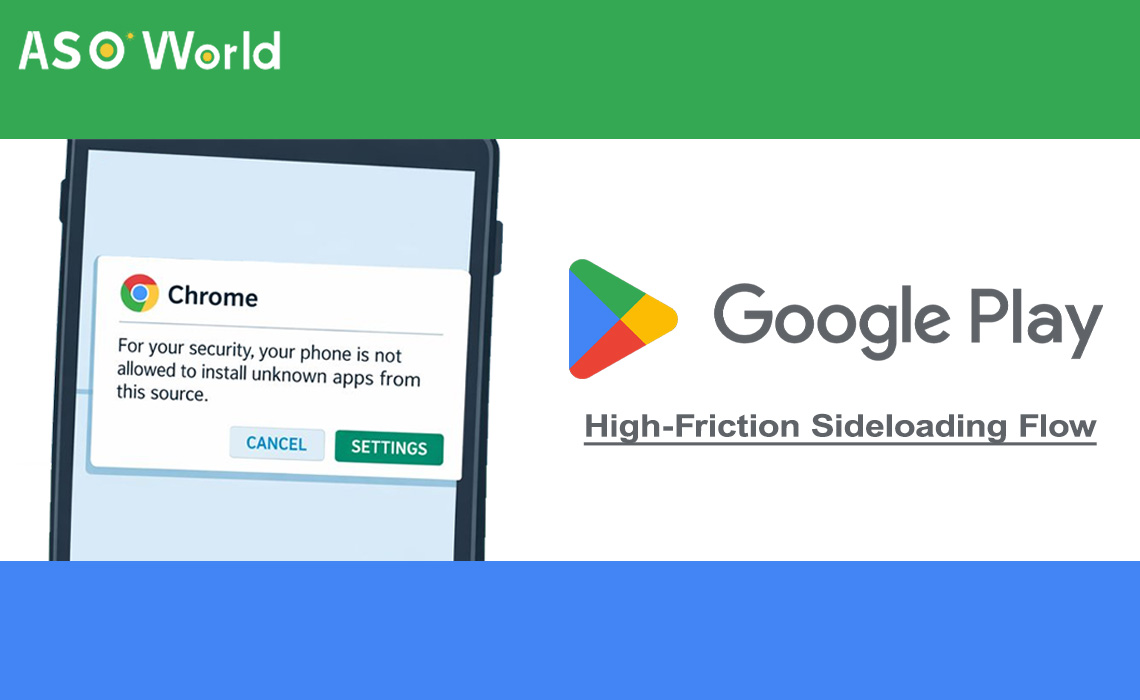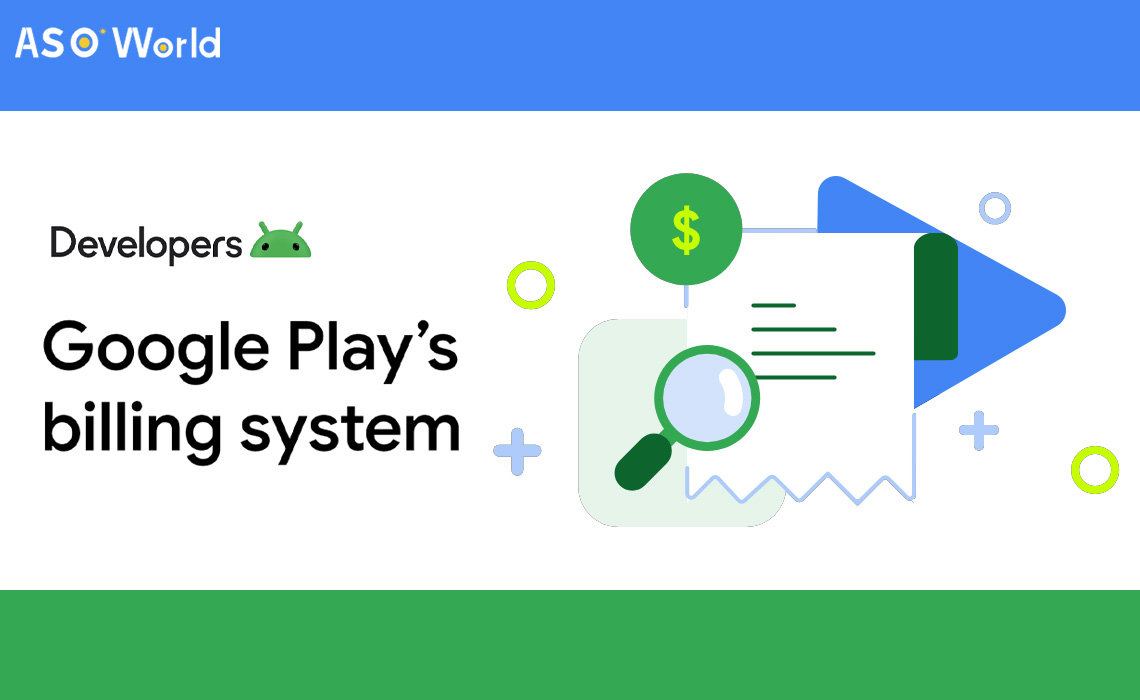Apps that fail to meet the updated criteria will be removed.
👉 Policy Details: Functionality, Content, and User Experience
Therefore, as app developers, it is crucial to understand the requirements clearly and take immediate action in response to these changes.
Preview of Upcoming Policy Changes
Limited Functionality and Content
Google's updated Spam and Minimum Functionality policy will target apps that offer limited functionality and content.
Examples include static apps like text-only or PDF file apps, single wallpaper apps, and apps that serve no real purpose. These types of apps will no longer be allowed on the Play Store.
Broken Functionality
The policy will also reinforce existing restrictions against apps that exhibit broken functionality. Apps that crash, force close, freeze, or otherwise function abnormally will be removed.
Common violations include apps that don't install, apps that install but don’t load, and apps that load but are unresponsive.
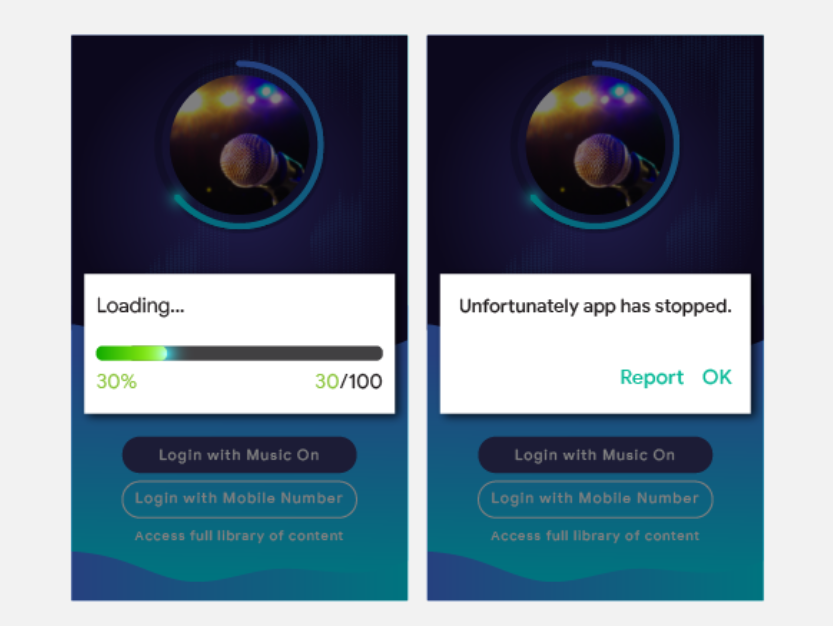
(Source: Google)
Examples of Violations
To help developers understand the new requirements, Google has provided examples of common violations:
- Static apps: Apps that lack specific functionalities, such as text-only or PDF file apps.
- Minimal content apps: Apps with very little content that do not provide an engaging user experience, such as single wallpaper apps.
- Non-functional apps: Apps designed to do nothing or have no practical function.
Expert Tips
To comply with Google's updated policies effective from August 31st, developers must ensure their apps offer meaningful functionality and content while avoiding broken or unresponsive behavior. Apps failing to meet these standards will be removed.
For detailed insights and proactive measures, click here.
